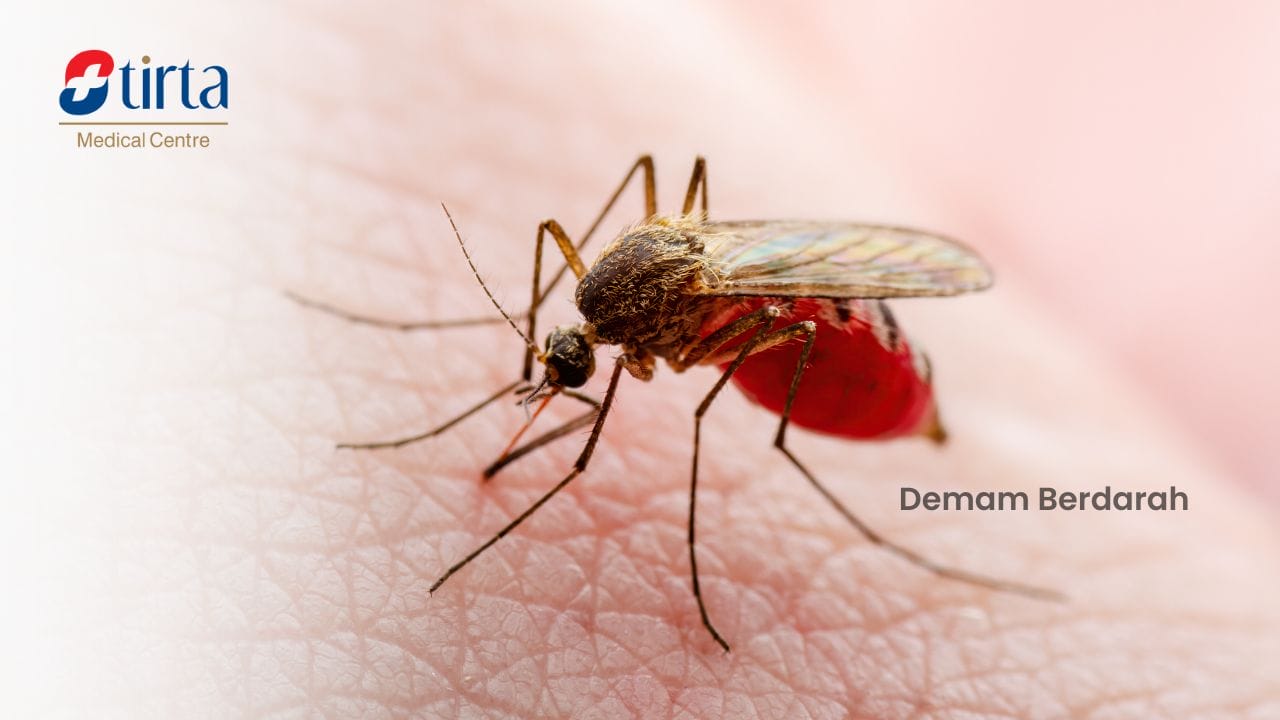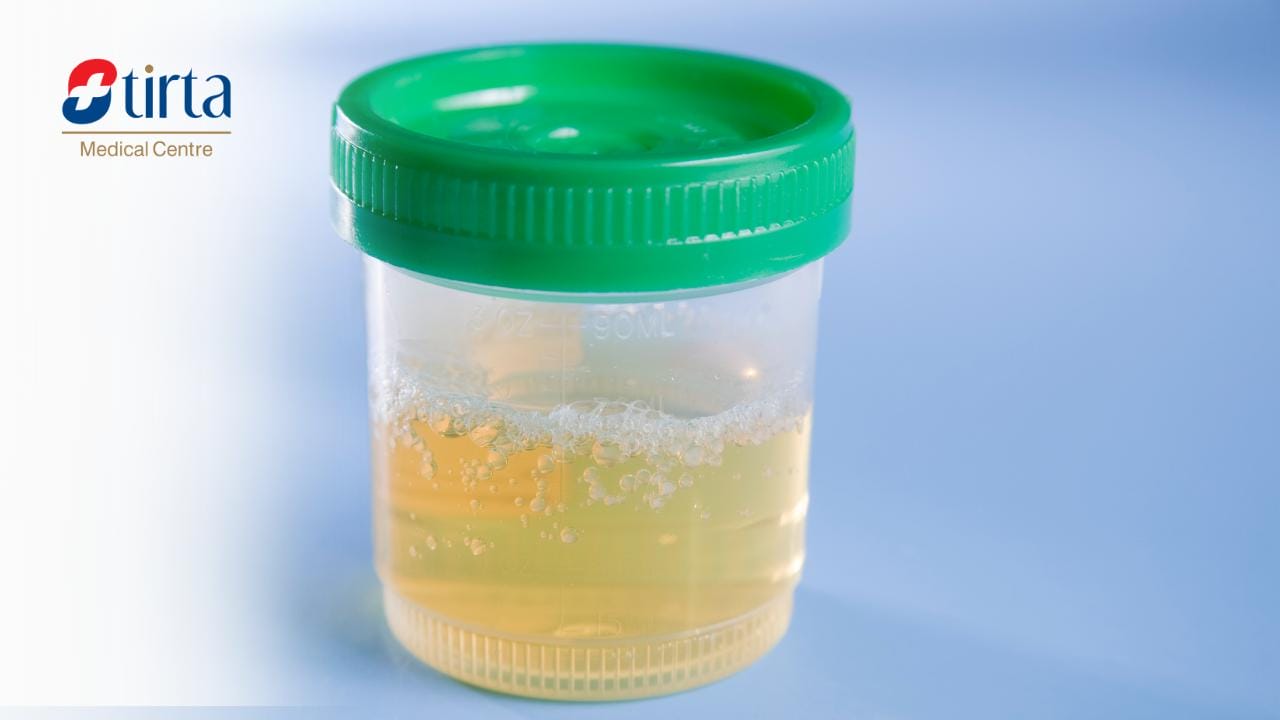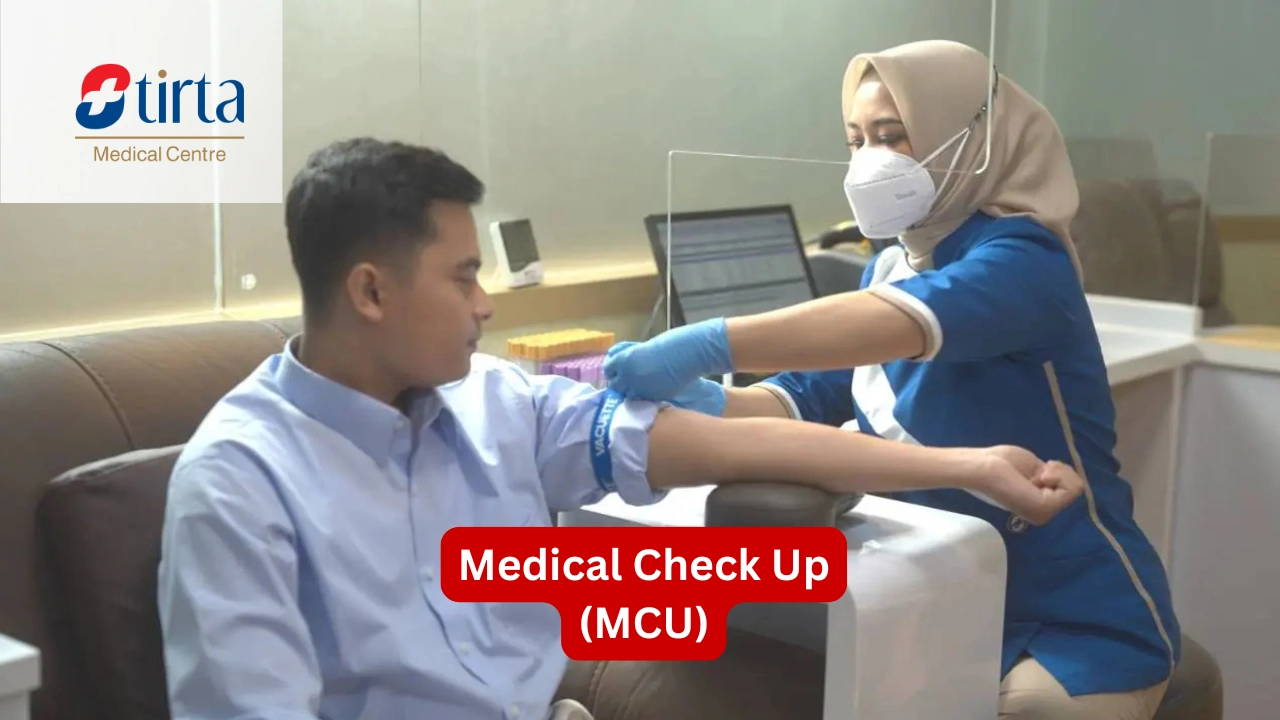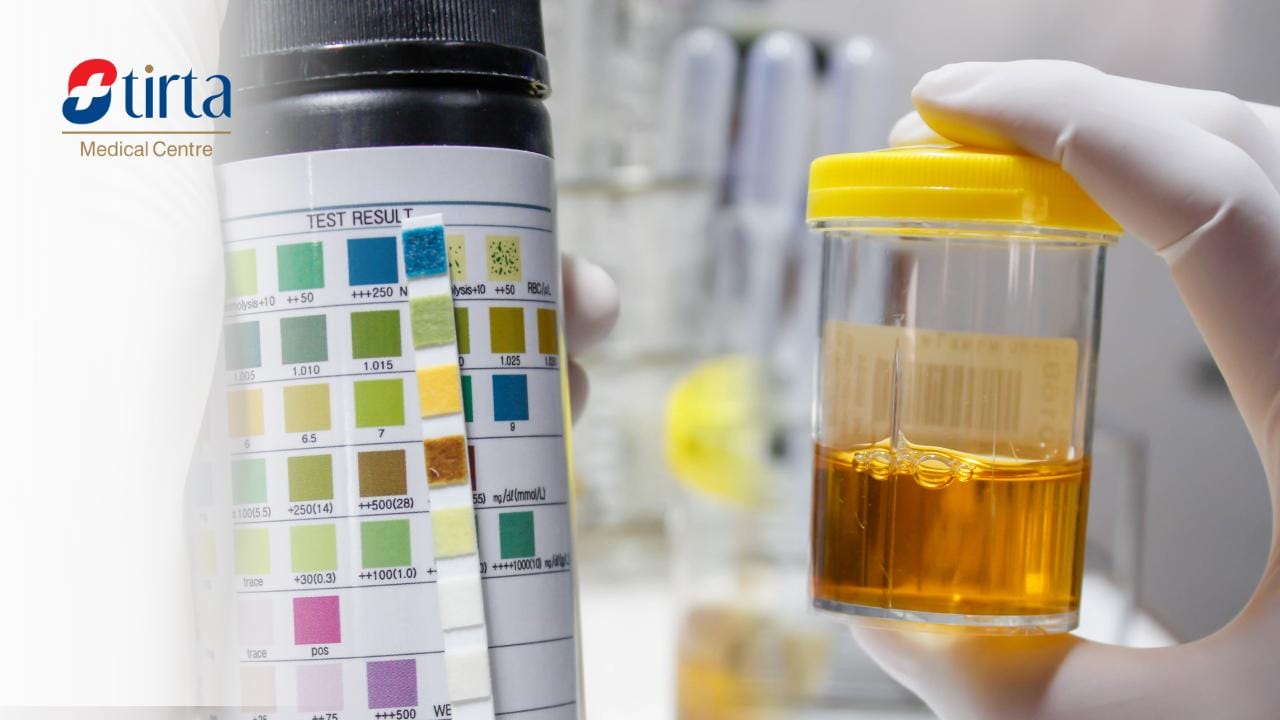Dengue Fever is an infectious disease caused by the dengue virus, transmitted through the bites of female Aedes aegypti and Aedes albopictus mosquitoes.
This disease can affect all age groups and can be life-threatening if not properly managed.
What is Dengue Fever?
Dengue fever is a disease characterized by sudden high fever lasting 2-7 days, accompanied by bleeding manifestations and a decrease in platelets.
The dengue virus is divided into 4 serotypes, namely DEN-1, DEN-2, DEN-3, and DEN-4. A person can be infected with the dengue virus up to four times in their life because the antibodies formed only protect against the same serotype.
Symptoms of Dengue Fever
The incubation period for the dengue virus is 4-10 days after a mosquito bite. DHF symptoms can be divided into three phases:
1. Fever Phase (2-7 days)
- Sudden high fever (39-41°C) that is biphasic (fever fluctuates)
- Severe headache, especially in the retro-orbital (behind the eyes) area
- Intense muscle, bone, and joint pain
- Nausea and vomiting
- Swelling of lymph nodes
- Red rash appeared on the fourth day
2. Critical Phase (24-48 hours)
- Severe abdominal pain
- Persistent vomiting
- Bleeding of gums and mucosa
- Lethargy or restlessness
- Hepatomegaly (enlarged liver)
- Pleural effusion and ascites
3. Recovery Phase
- General condition improves
- Appetite improves
- Itchy skin
- Bradycardia (slow heart rate)
Causes of Dengue Fever
Dengue fever is caused by infection with the dengue virus, which belongs to the Flavivirus genus. The transmission of the dengue virus occurs through several mechanisms:
1. Primary Transmission
- Bites by infected female Aedes aegypti and Aedes albopictus mosquitoes
- Mosquitoes are active and bite in the early morning and late afternoon
- Mosquitoes breed in clean water collections such as bathtubs, old tires, and water storage containers
2. Secondary Transmission
- Transmission from pregnant women to the fetus during pregnancy or at birth
- Transmission through blood transfusions or organ transplants
Dengue Fever Risk Factors
Several factors increase the risk of contracting DHF:
1. Demographic Factors
- Individuals under 15 years old have a 95% risk of severe DHF
- High population density in urban areas
- High population mobility between endemic regions
- Nutritional status (children with excess nutrition or obesity are at higher risk)
2. Environmental Factors
- Living in tropical or subtropical areas with high cases of DHF
- Poor environmental sanitation
- High rainfall and optimal humidity for mosquito breeding
- Presence of uncovered water containers
3. Medical Factors
- History of previous DHF infection with different serotypes
- Genetic factors related to immune response
- Presence of comorbid diseases such as diabetes or kidney failure
Diagnosis of Dengue Fever
DHF diagnosis is conducted through several stages:
1. Anamnesis and Physical Examination
- History of sudden high fever
- Typical DHF clinical symptoms
- Tourniquet test examination
- Signs of bleeding and plasma leakage
2. Laboratory Tests
- NS1 antigen test for early dengue virus detection
- Serological tests for dengue IgG and IgM
- Complete blood count (platelets and hematocrit)
- Liver function tests
- RT-PCR for dengue virus confirmation
Top Dengue Fever Vaccination Center
Tirta Medical Centre (TMC) is a trusted clinic offering dengue vaccination services with the highest standards in Indonesia.
TMC features experienced medical staff and modern facilities to provide safe and comfortable vaccination services. The available dengue vaccines at TMC are QDenga and Dengvaxia, both recommended by the WHO.
According to clinical study data, the QDenga vaccine is approved for ages 6 – 45 years. Meanwhile, the Dengvaxia vaccine is effective for individuals previously infected with the dengue virus (seropositive) aged 9-16 years.
Here are the prices for Dengue Fever Vaccines at Tirta Medical Centre:
- DENGUE VACCINE (DENVAXIA 0.5 ml): IDR 1,400,000
- DENGUE VACCINE (QDENGA): IDR 649,000
- DENGUE VACCINE PACKAGE (QDENGA 2 DOSES): IDR 1,250,000
Note: Prices are subject to change. Friends of Tirta can contact us for updates on DHF vaccine costs or make online reservations here:
Dengue Fever Treatment
Currently, there are no specific antiviral treatments for DHF. Treatments provided are supportive to alleviate symptoms and prevent complications. Treatments for DHF are divided into two categories:
1. Home Treatment
- Complete bed rest
- Adequate oral fluid intake (2-2.5L/day) such as water, oral rehydration solutions, or isotonic fluids
- Warm compresses to reduce fever
- Paracetamol for fever and pain (avoid aspirin and NSAIDs)
- Monitoring for danger signs
2. Clinic or Hospital Treatment
- Intravenous fluid therapy according to WHO protocols
- Strict monitoring of vital signs and hemodynamic status
- Serial blood examinations (platelets, hematocrit, liver function)
- Platelet transfusion if active bleeding occurs
- Management of shock if dengue shock syndrome occurs
Dengue Fever Complications
DHF can progress to life-threatening conditions if not properly managed. Some serious complications that may occur include:
1. Systemic Complications
- Dengue Shock Syndrome (DSS)
- Massive bleeding in vital organs
- Acute liver function disorders
- Renal function disorders
- Neurological disorders (encephalopathy)
2. Long-Term Complications
- Prolonged fatigue
- Post-DHF depression
- Mild cognitive impairment
- Persistent muscle weakness
Ways to Prevent Dengue Fever with the 3M Program
DHF prevention is conducted through mosquito breeding site eradication using the 3M Plus method:
1. Drain
- Clean water containers at least once a week
- Scrub container walls to remove mosquito eggs
- Drain pools, flower vases, and water jars
2. Cover
- Seal all water storage containers tightly
- Ensure there are no gaps in container lids
- Cover holes in trees that can hold water
3. Bury/Dispose
- Bury or dispose of old items that can hold water
- Recycle waste that can potentially serve as breeding grounds
- Clean clogged water channels
Plus
- Use bed nets while sleeping
- Apply mosquito repellent lotions
- Install mesh on ventilation openings
- Keep fish that eat larvae
- Plant mosquito-repellent plants
References:
- Health Management Journal, Dr. Soetomo Foundation Hospital. Accessed in 2024. Systematic Review: Risk Factors of Dengue Hemorrhagic Fever in Indonesia: https://jurnal.stikes-yrsds.ac.id/JMK/article/download/1255/269
- Hang Tuah University Journal, Pekanbaru. Accessed in 2024. The Influence of Community Behavior and Environmental Conditions on the Incidence of Dengue Hemorrhagic Fever: https://jurnal.htp.ac.id/index.php/keskom/article/download/28/22/50
- Patient. Accessed in 2024. Dengue (Causes, Symptoms, and Treatment): https://patient.info/doctor/dengue-2
- WHO. Accessed in 2024. Dengue and severe dengue: https://www.who.int/news-room/fact-sheets/detail/dengue-and-severe-dengue
- CDC. Accessed in 2024. Dengue/Dengue Hemorrhagic Fever: The Emergence of a Global Health Problem: https://stacks.cdc.gov/view/cdc/3690/cdc_3690_DS1.pdf
- CDC. Accessed in 2024. How Dengue Spreads: https://www.cdc.gov/dengue/transmission/index.html
- Healthline. Accessed in 2024. Dengue Fever Cases Increasing in US as CDC Issues Warning: https://www.healthline.com/health-news/dengue-fever-cases-cdc-issues-alert-amid-us-global-spike
- Mayo Clinic. Accessed in 2024. Dengue fever – Diagnosis and treatment: https://www.mayoclinic.org/diseases-conditions/dengue-fever/diagnosis-treatment/drc-20353084
- CDC Yellow Book 2024. Accessed in 2024. Dengue: https://wwwnc.cdc.gov/travel/yellowbook/2024/infections-diseases/dengue
- Healthline. Accessed in 2024. Dengue Fever: Symptoms, Complications & Diagnosis: https://www.healthline.com/health/dengue-fever








